Hyper-Sexualisation
and the Harm it Causes

Defining Hyper-Sexuality
With this generations ability to access almost anything at the touch of a finger, it is no surprise that we are seeing an increase in the sexualisation of women. Within a matter of seconds anyone can access sexy images of women displayed almost anywhere in the world, with over half of all ads, television shows, and magazines exhibiting sexualised, perfect women at the forefront
Hyper-sexualisation, or the sexualisation of a public space, is defined as “the attribution by the media of a sexual character to a product or behaviour that has nothing intrinsically sexual about it.” Hyper-sexualisation is often presented throughout magazines, videos, films, the fashion industry, and particularly advertising. Many celebrities have opened up about how belittling and how damaging it felt to be sexualised at such a young age, with their stories being important signs of change throughout Hollywood.
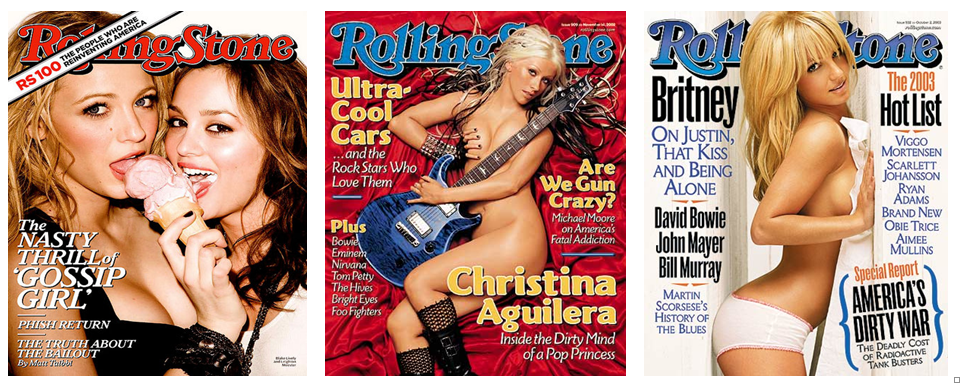
Impacts of Hyper-sexualisation on Todays Youth
Hyper-sexualised models of femininity in the media have been proven to affect the mental, emotional, and physical health of young girls and women on a world-wide scale. The consequences of hyper-sexualisation for girls and women include anxiety about appearance, feelings of shame, eating disorders, lower self-esteem and depression.
The stereotypes associated with hyper-sexualisation are not only harmful for girls, but for boys as well. Boys see how their bodies are supposed to be portrayed in relation to girls and internalise the notion that success and attractiveness are tied to dominance, power and aggression.
What is Sexual Objectification?
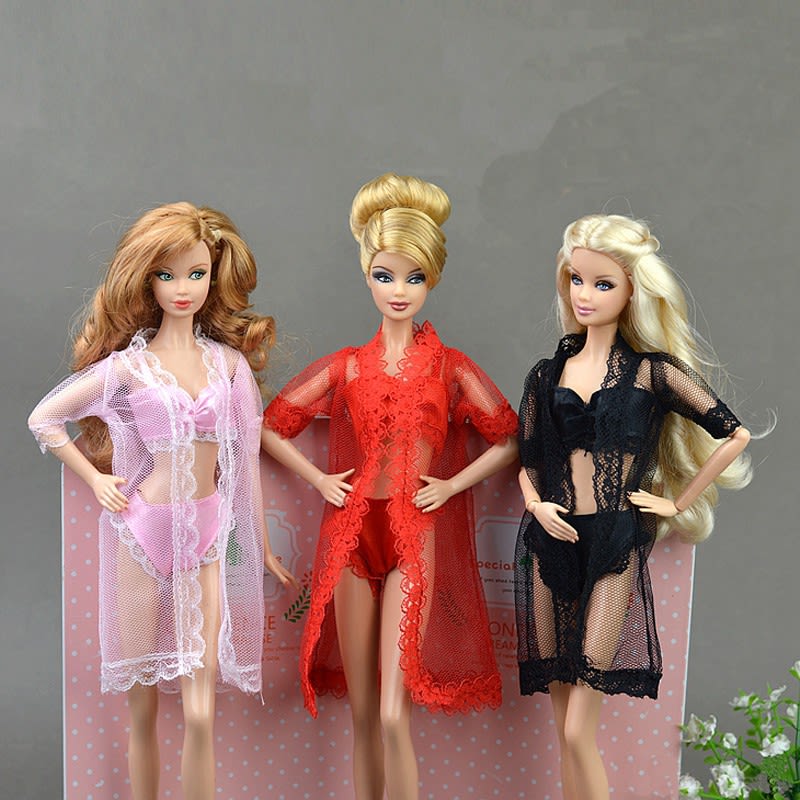
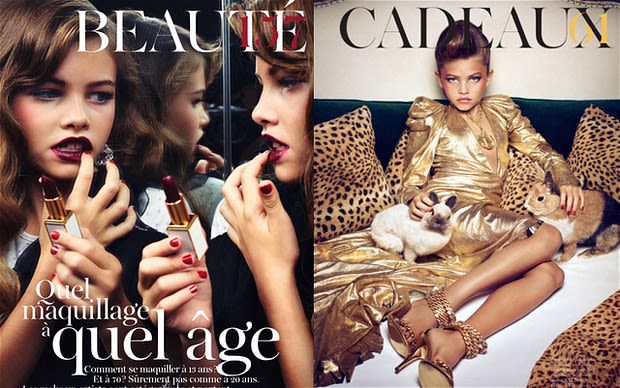
Celebrity Case Studies
Britney Spears
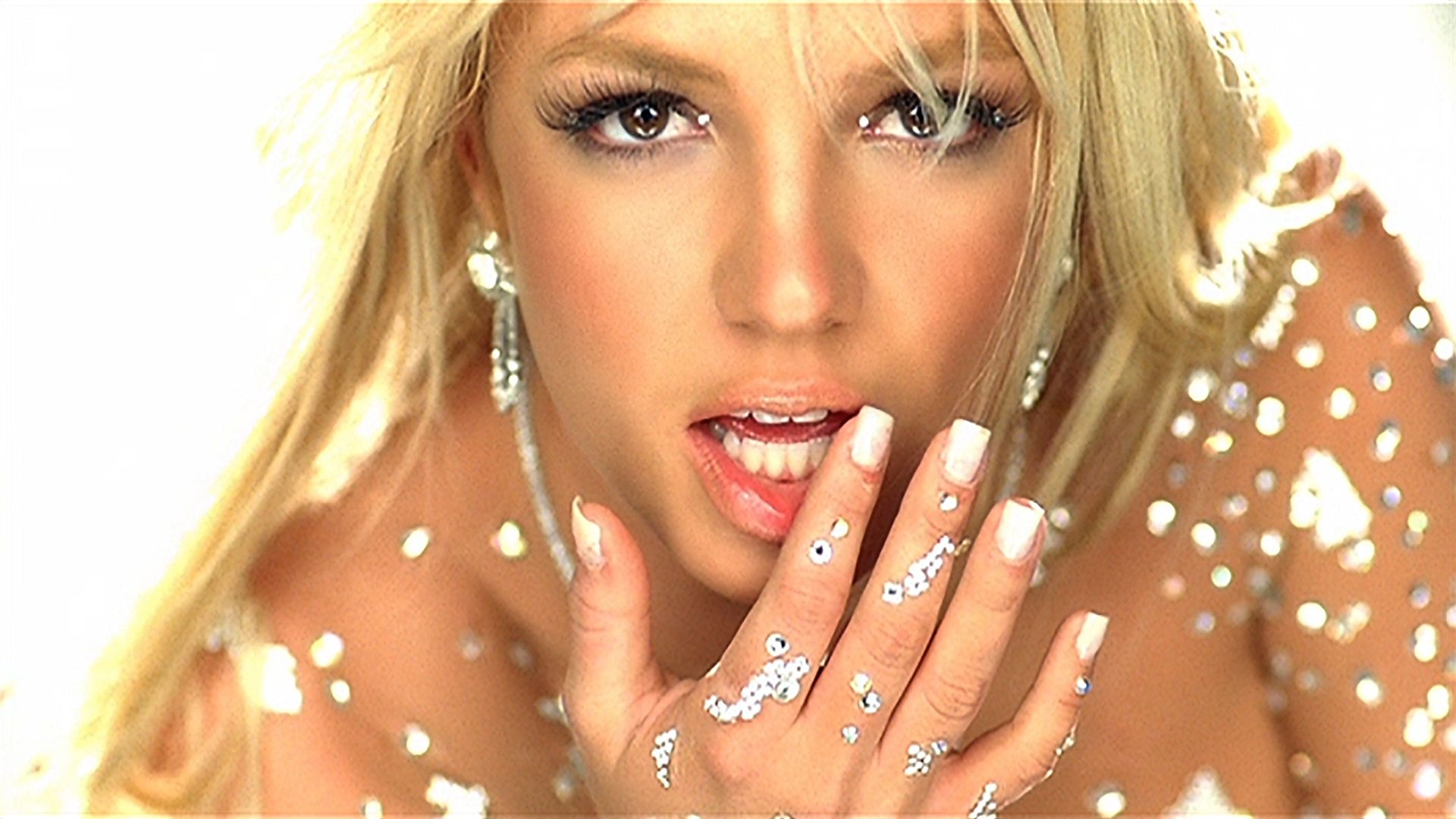
Britney’s fame brought her plenty of success in the pop music industry. But she faced a lot of criticism in the media regarding her risque clothing choices and sex life.
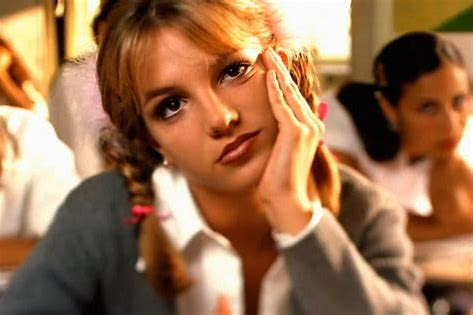
The pressure of being under the harsh microscope of the media led to Britney’s mental breakdown that caught the attention of the nation.
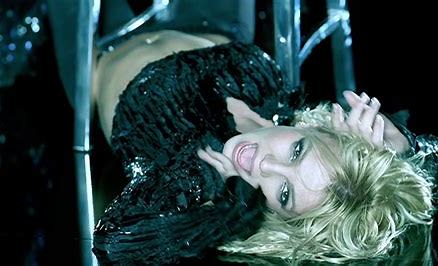
But her mental health battles were not a private matter. The media published her struggles across the internet and tabloids, making her private life into a story for the masses.
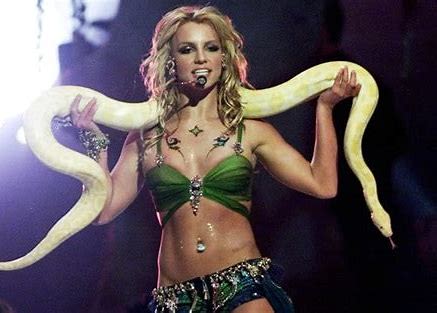
The criticisms began with her 1998 debut song hit me baby one more time. In the music video, she was wearing a school uniform showing her abdomen, and the video sent the public into uproar.
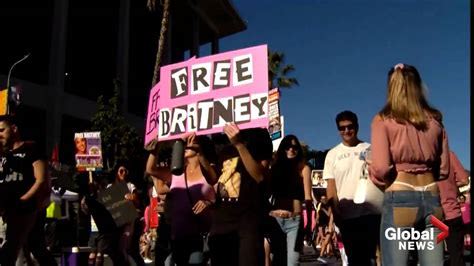
Despite her talking avidly in interviews about how she denies accepting the sexy persona the media has given her, she continued to dress provocatively, as seen in her cover photo in 1999 Rolling Stone magazine
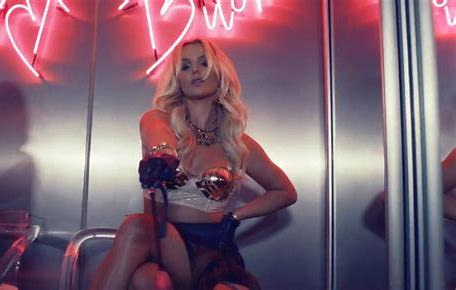
This sexy image was pushed onto an unwitting Spears from a young age by her mother, manager and the media in order to compete with the images of older pop-stars and celebrities, resulting in Spears' downward spiral.
Billie Eilish
Billie has done much to curate an image for herself that relies less on her body and more on her merits as an artist. This is conveyed mainly through her choice of wearing baggy clothes. She wears these clothes to prevent people judging her body and in doing so, was able to somewhat control the narrative of how others viewed her, her body and her music.
Her reasoning here is important to note, as when she first came into the public eye, she was in her early teens, essentially a child. So, choosing to cover up was a smart and necessary move to avoid being subject to avid sexualisation as a minor.
However, her critics were everywhere and their judgement of her opinions, style and songs were felt strongly by herself and her fans. Billie discussed how "some people hate what I wear, some people praise it, some people use it to shame others, some people use it to shame me." This shows how in cases such as these, there is no way to please everyone.
However, when Billie appeared on the cover of British Vogue in lingerie, she was the subject of unwanted criticisms once again.
The comments section under her Vogue look included people expressing surprise to Billie being out of her signature look, but there were also those who wrote "I wish you had unveiled your beauty before now!" and "I knew she was beautiful under all those baggy clothes." These comments and countless others granted or withheld her worth based on her sexual appeal and portrayal of traditional femininity. What all of them have in common is their belief they have the right to have an opinion on how Billie looks.
Harry Styles
In 2020, Harry Styles became the first ever male to appear on the front cover of Vogue, infamously wearing a laced, trimmed dress designed by Gucci. This sparked a whole new realm of controversy surrounding the singer, starting conversations about what it is to be 'masculine'.
Critics responded to his photoshoot claiming that society needs to 'bring back manly men', highlighting the influence hyper-sexualisation has had on gender norms through the decades.
Specifically, this is called 'toxic masculinity'. Toxic masculinity refers to the cultural pressures for men to conform into societal norms - where 'manliness' is perceived as being dominant and aggressive.
Toxic masculinity is oppressive not only for men, but for women too. As a result of toxic masculinity, femininity is seen as being delicate and gentle, pushing the belief that women are not meant to be strong or act bold.
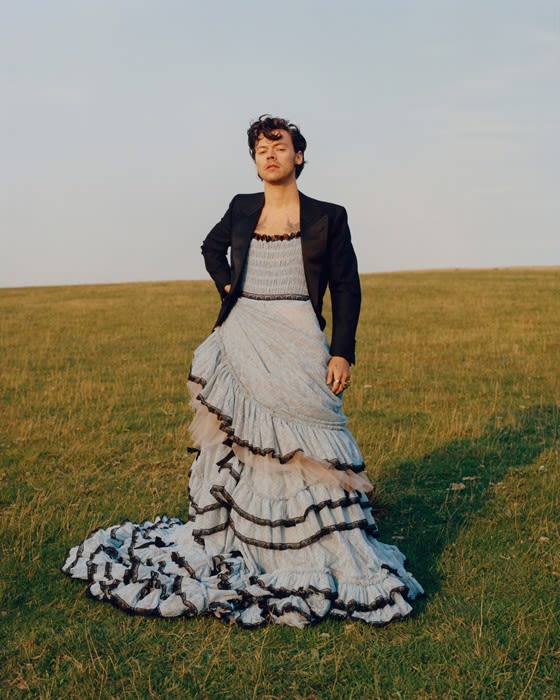






Harry Styles and Hyper-Sexualisation
Harry was first introduced into the spotlight at a young age, only 16, where he was almost immediately sexualised by the public. In an interview with Today Show in Australia, he opened up about experiences he had in the industry stating that he was sexually touched by another older man. It was also stipulated that he was forced to hide his sexuality throughout his career with One Direction. This no doubt is an indication of the realities of hyper-sexualisation; men are supposed to be tough and strong, where women are weak and fragile.
Around two years ago, Harry announced he would be reading a sleep story for an app called 'Calm'. This received thousands of engagements following the announcement with several users of the app sexualising the pop star. Some fans took matters into their own hands to protect Harry, with one posting on Twitter "bruh stop sexualising harry on this calm thing".
Harry reveals that being constantly sexualised/ womanised has had a negative impact on him. It is important to understand that hyper-sexualisation - where it does mostly affect women- affects men too.
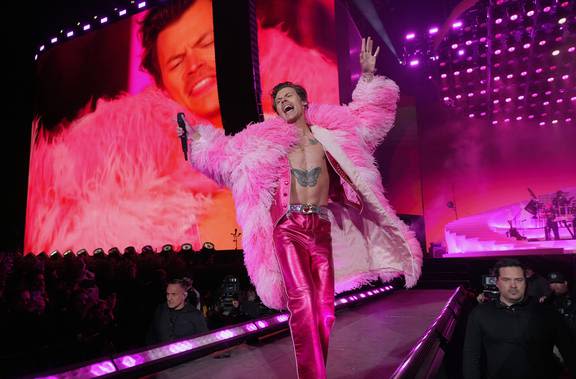
Scarlett Johansson
Scarlett started acting career when she was a child. Since then she has had many awards and nominations, including one British Academy Film Award and one Tony Award. Additionally, she has been nominated for two Academy Awards, both nominations in 2020, and three additional British Academy Film Awards.
Scarlett from a young age has been typecast as a young seductive woman. She would often get frustrated at this, but believed that it was a normal thing to have happened to young women in hollywood. In her interview with The Hollywood reporter, she talked about being in her early twenties and late teens and how directors, especially male directors, would “craft her” into what they wanted her to be. Scarlett is happy to see that “The climate is so different now, there are so many wonderful opportunities for women of every age to play all different types of people.”
Scarlett Johansson is most well known for her work as Black Widow, in the Marvel movie franchise. When the Black Widow was first introduced into the MCU, the character and actress were both overly sexulised. Scarlett reported saying that "the character is so sexualized, you know? Really talked about like she’s a piece of something, like a possession or a thing or whatever — like a piece of ass, really”.
Scarlett has been very vocal about her experiences of being the only female hero in the early days of the MCU, especially when it comes to the questions she would get from interviewers. She would often get questions regarding her body shape, diet and the tightness of her suit. In one interview she called out the interviewer and said "Really? I got the fashion question?". While her male co stars were getting questions about their time filming and future Marvel movies, she was receiving sexist comments and questions.
Since then, Scarlett has been a strong advocate for moving the character and other female actresses within the MCU away from that kind of sexulisation. Scarlett states that young girls need a more positive message. She has received much praise for this shift and says that “it’s been incredible to be a part of that shift and be able to come out the other side”.
Conclusion
When people are in the public eye, they will always be subject to the opinions of others and become the unwitting objects of desire for many people. It is both the media and the people behind the screen that can cause a great deal of harm to those whom they sexualise. The media does this by acting as the tool for many people to anonymously project these desires onto celebrities. In many cases, these can become very unhealthy para-social relationships for all parties involved, leading to unwanted attention being placed on celebrities’ private lives, bodies, self-expression and opinions.
With people constantly monitoring the bodies of these celebrities and critiquing them in this harsh light, they can become sex objects. Additionally, when a person sees themselves in this way, they are more likely to experience eating disorders, poor mental health, substance abuse and more to bring to life unrealistic ideas of beauty. This has been shown especially in our case study of the struggles of Britney Spears.
However, some celebrities have used their social influence to speak out about this treatment through choosing what they wear, what they say in interviews and by taking action through raising issues regarding the projects they are involved in. By taking the issue of sexualisation seriously and doing something about it where possible, we may be able to move toward a brighter future.
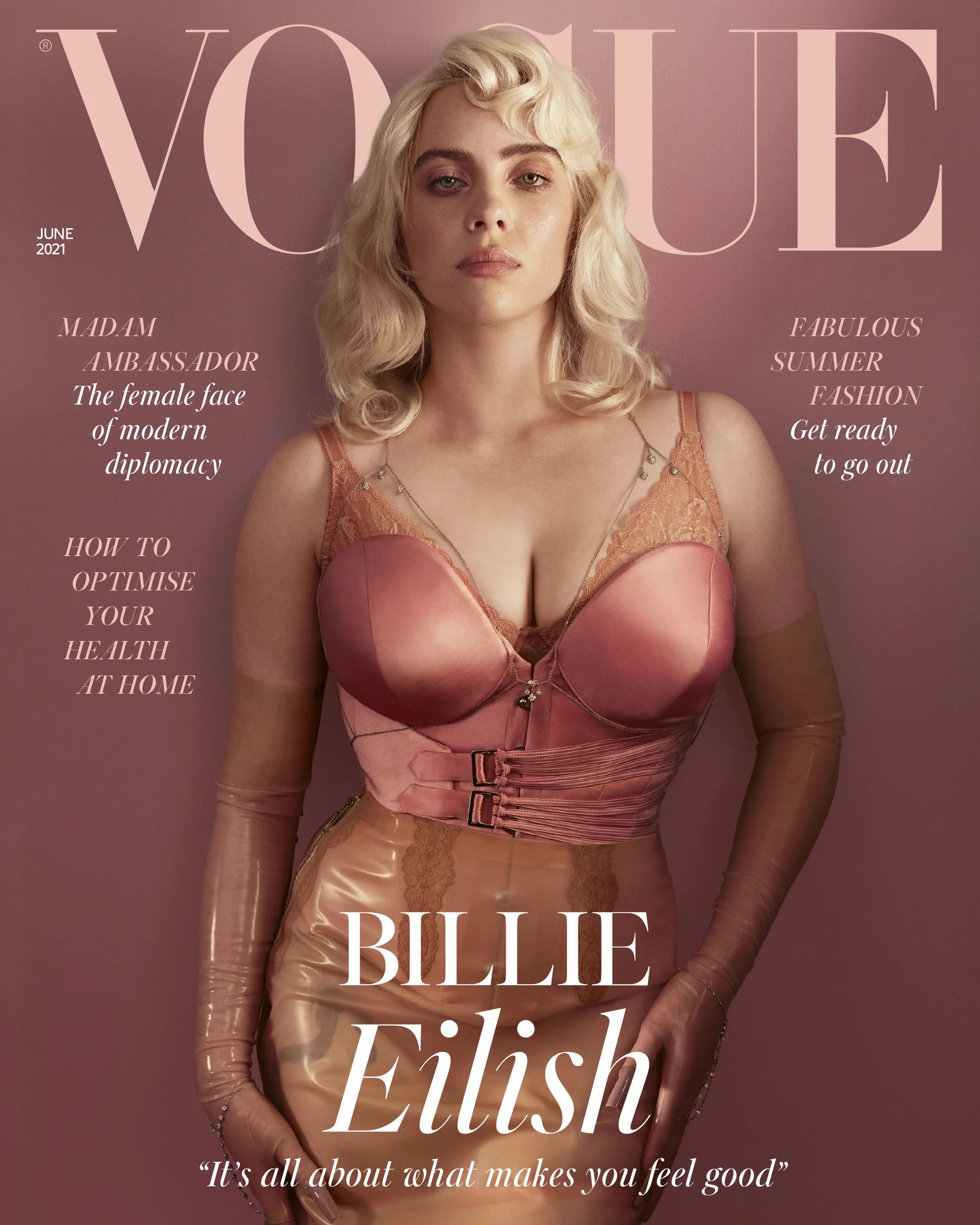
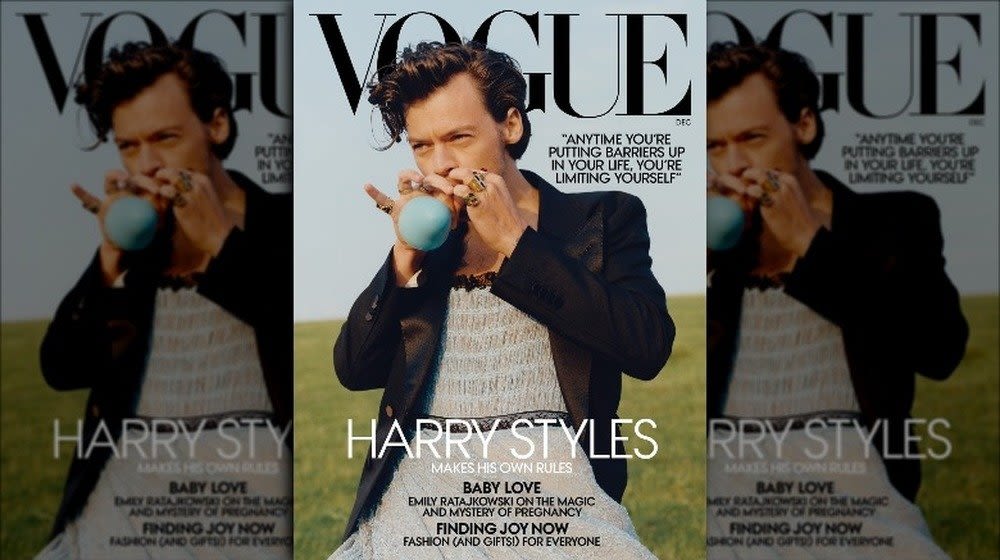
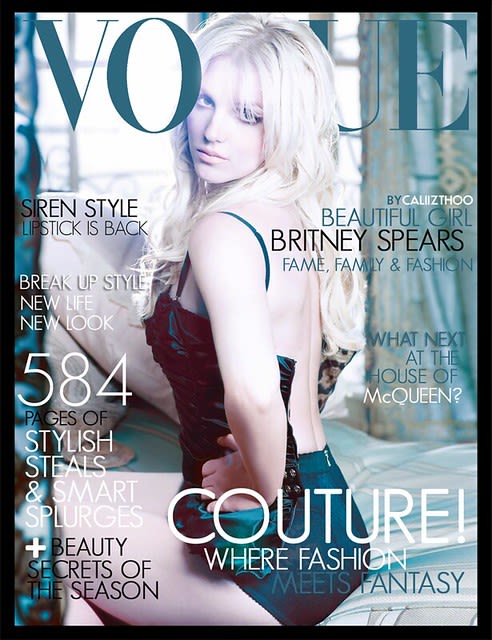
References
Brookes, E. (2021). 'Can we just let Billie Eilish make her own decisions about how she dresses, please'. Stuff.
Ford, R. Mathews, E. (2021). 'The hypersexualisation and exploitation of Britney Spears in the media'. RTF Gender and Media Culture.
Gray, D. (2022). 'Kate Moss, Britney Spears, & more celebs who spoke out about being sexualised at a young age'. She Knows.
Hamid, R. (2021, February 26). Harry Styles and toxic masculinity. Rampage. https://sframpage.org/1782/opinion/harry-styles-and-toxic-masculinity/
Quebec. (2022, August 22). Effects of hypersexualization. Gouvernement du Québec. https://www.quebec.ca/en/family-and-support-for-individuals/childhood/child-development/effects-stereotypes-personal-development/effects-hypersexualization
Sharf, Z., (2021). Scarlett Johansson: Black Widow Was ‘Sexualized’ and Treated ‘Like a Piece of Ass’ at First. IndieWire.
Swift , J., & Gould , H. (2021, January 11). Not an object: On sexualization and exploitation of women and girls. UNICEF USA. https://www.unicefusa.org/stories/not-object-sexualization-and-exploitation-women-and-girls/30366
The Hollywood Reporter. (2020). Watch Hollywood Reporter’s Full Actress Roundtable With Scarlett Johansson, Laura Dern, Renée Zellweger. [online]
